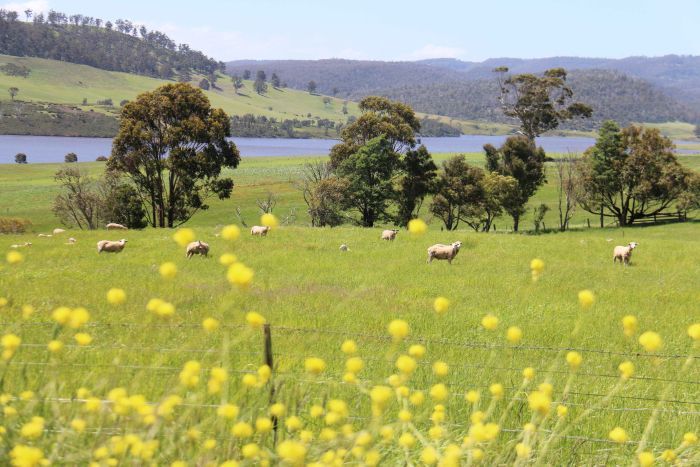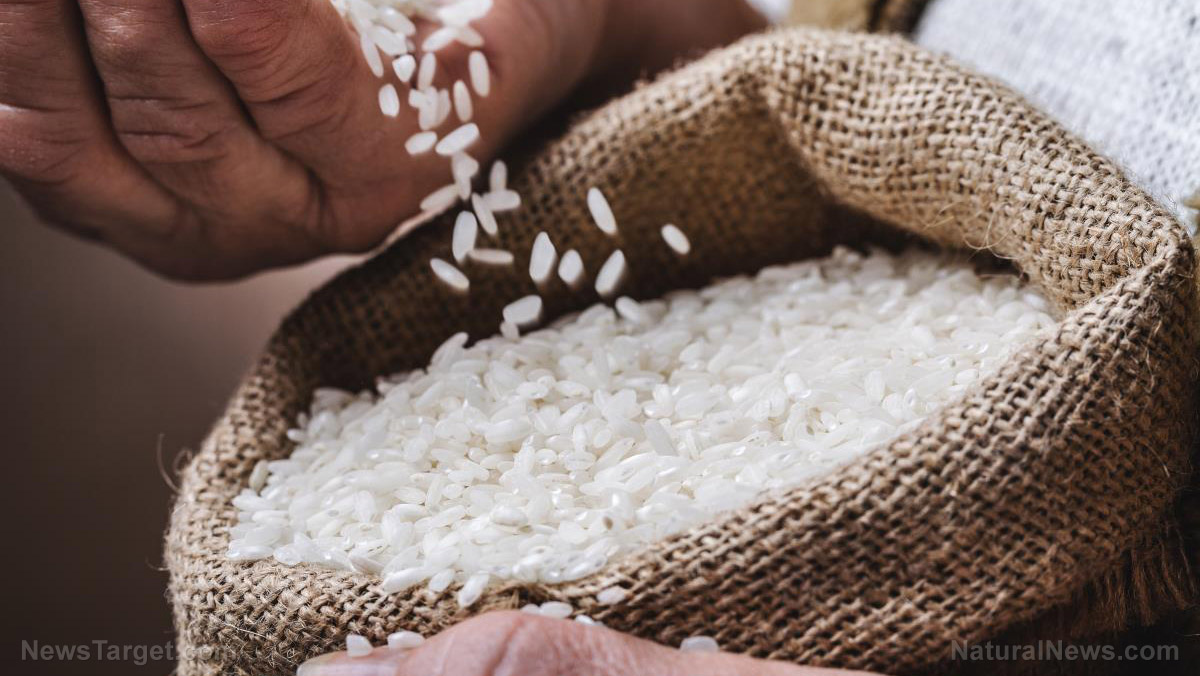IPBES report: Billions of people depend on wild species for survival
07/13/2022 / By Belle Carter

A new Intergovernmental Science-Policy Platform on Biodiversity and Ecosystem Services (IPBES) report found that billions of people depend on 50,000 wild species for food, medicine, fuel and income from activities like tourism.
“Seventy percent of the world’s poor are directly dependent on wild species. One in five people rely on wild plants, algae, and fungi for their food and income; 2.4 billion rely on fuel wood for cooking; and about 90 percent of the 120 million people working in capture fisheries are supported by small-scale fishing,” report co-chair Dr. Marla R. Emery stated in a press release.
She further said that the regular use of wild species is extremely important in countries classified by the World Bank as low or middle income that are located in Africa, Asia, Oceania, Latin America and the Caribbean.
The study pointed out the following five practices that define how humans use wild species: fishing, gathering, logging, land animal harvesting and non-extractive uses like ecotourism.
According to the Guardian, more than 10,000 species are used as food, about a third of people depend on firewood for cooking and 50 percent of wood goes toward energy. Also, about 50 percent of the worldwide population benefits from the use of wild species of plants, animals, algae and fungi in some way.
Half of humanity uses and benefits from the use of wild species. Their sustainability is essential for biodiversity conservation and for human wellbeing.
The said assessment report on the sustainable use of wild species, which took four years to accomplish, was approved by IPBES’s 139 member states in Germany last week. It was done in cooperation with 85 experts and members of indigenous and local communities.
The paper, which also included the work of 200 contributing authors and used more than 6,200 sources, provided the extent to which human beings rely on the nature they are rapidly depleting.
Study proves overexploitation of resources
Humanity leans on natural resources to sustain its daily living, but wasteful practices throughout the years are slowly exhausting them. (Related: Humanity cannot live without nature, but nature can live without humanity.)
The damaging utilization of nature including unsustainable fishing and logging has left one in three fisheries overexploited around the world and one in 10 tree species threatened with extinction. Flora groups such as cacti, orchids and cycads are particularly at risk, and unsustainable hunting has been a threat to the survival of 1,341 wild mammal species, especially in large-bodied species with low reproduction rates.
“There is an urgent need to implement and scale-up policy instruments that work while recognizing the need for adaptive management and transformative changes to address current and future pressures and challenges,” the paper said, identifying levers and pathways to promote sustainable use and enhance the sustainability of the use of wild species in a dynamic future.
The authors of the report also emphasized the early recovery of bluefin tuna in the Atlantic Ocean after the collapse in stocks in the 1990s and 2000s, and the more sustainable fishing of the enormous pirarucu fish in the Amazon, which involves community-based management.
“The information we have compiled gives us a great deal of hope, as well as models for how we can have more sustainable use of wild species in the world,” Emery said.
Dilys Roe, head of the International Union for Conservation of Nature’s sustainable use and livelihoods specialist group, stated that the highlight of the study was the importance of wild species to billions of people, particularly to indigenous and local communities.
“We have heard a lot about bans on the wildlife trade, a ban on wild meat consumption, and so on, and I think this assessment really makes clear how key sustainable use of wild species is to human wellbeing,” Roe said. She added that the study recognizes the revenue generated from wild species as an important source of income, which is a really important incentive for conservation.
However, Roe said that an important limitation of the paper is the lack of data about species that humans consume and exploit.
Watch the below video that talks about the impact of climate change on biodiversity and animal behavior around the world.
This video is from the Finding Genious Podcast channel on Brighteon.com.
More related stories:
Nature therapy: Time in nature can now be prescribed as a healthcare treatment in Canada.
Endangered reptile species being sold as pets could be in danger of extinction, warn scientists.
Sources include:
Submit a correction >>
Tagged Under:
animals, biodiversity, collapse, conservation, ecology, environment, extinction, fishing, food supply, green living, IPBES, ocean health, plants, research, scarcity, sustainability, UN, wild species, wildlife trade
This article may contain statements that reflect the opinion of the author
RECENT NEWS & ARTICLES
COPYRIGHT © 2022 Scarcity.news
All content posted on this site is protected under Free Speech. Scarcity.news is not responsible for content written by contributing authors. The information on this site is provided for educational and entertainment purposes only. It is not intended as a substitute for professional advice of any kind. Scarcity.news assumes no responsibility for the use or misuse of this material. All trademarks, registered trademarks and service marks mentioned on this site are the property of their respective owners.




















